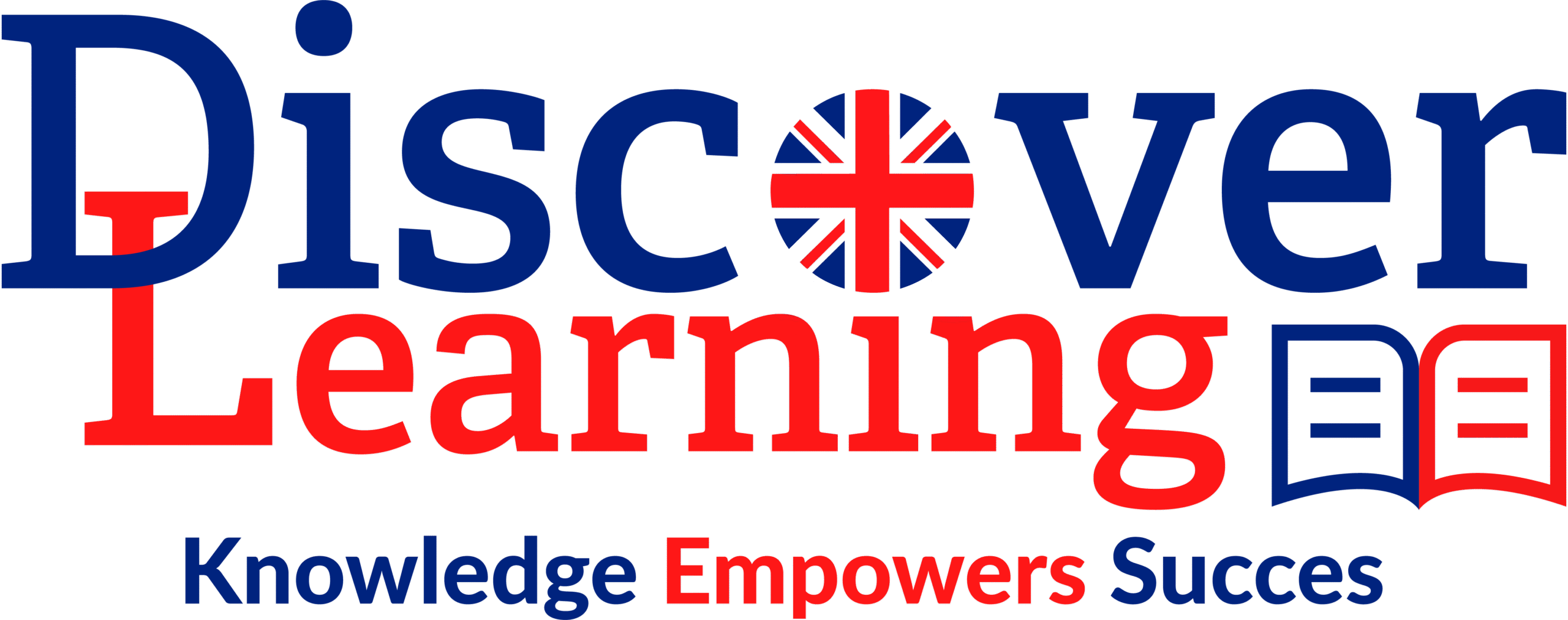
In today’s rapidly transforming world, academic achievement alone is no longer the ultimate measure of success. The 21st century demands a balance between technical proficiency and soft skills—creativity, empathy, adaptability, and collaboration. These skills help students navigate a dynamic world shaped by automation, innovation, and global interconnectedness.
Here’s where AI education plays a pivotal role. Artificial Intelligence is not merely about machines or programming; it’s a powerful educational ally that develops cognitive, emotional, and social intelligence. By integrating AI learning tools, educators can create personalized, interactive, and engaging experiences that prepare learners for real-world challenges.
Recent research by Yim & Su (2024) supports this transformation. Their global review of AI learning in K–12 settings shows that AI-based education strengthens creativity, collaboration, motivation, and ethical reasoning—skills essential for both academic excellence and emotional growth.
At Discover Learning Tutors, AI isn’t just a topic—it’s a teaching approach. Through AI-powered tutoring programs in Dubai, we help students go beyond rote learning to become adaptable, emotionally intelligent, and future-ready thinkers.
The Importance of Soft Skills in the Age of AI
1. The Shift from Knowledge to Competence
In traditional education, success was often measured by grades or memorization. But in the modern world, soft skills—like communication, teamwork, and leadership—define success. As AI automates repetitive tasks, human skills like creativity, empathy, and critical reasoning become irreplaceable.
AI education supports this evolution by encouraging learners to think beyond algorithms. Students must ask “why” and “how,” promoting curiosity and reflection. Through simulated environments, they learn to solve problems creatively and adapt to diverse challenges.
2. Preparing Learners for Real-World Complexity
Soft skills are vital in workplaces led by digital transformation. Problem-solving, negotiation, and emotional awareness enable students to collaborate effectively and make ethical decisions.
At Discover Learning Tutors, our AI-based tutoring programs in Dubai focus on nurturing these exact qualities. By blending technology with emotional learning, we prepare students for the human side of the digital revolution.
Emotional Intelligence: The Heart of AI Education
1. Understanding the Emotional Impact of AI
Artificial Intelligence offers more than analytical learning—it enhances emotional intelligence (EQ). Through projects that explore fairness, bias, and inclusivity, students develop empathy and self-awareness.
For instance, AI models can simulate real-life ethical dilemmas, prompting students to reflect on their decisions and emotional responses.
2. Building Empathy and Social Awareness
AI learning platforms encourage collaboration where students must communicate ideas, negotiate roles, and consider others’ viewpoints. This naturally builds empathy and strengthens social bonds.
At Discover Learning Tutors, students engage in AI activities that emphasize cooperation and compassion. Tutors guide learners through reflective discussions, helping them link technology with humanity.
Creative Thinking Through AI Learning Tools
1. Innovation as a Core Competence
AI challenges learners to think creatively. Designing and training models, analyzing data, or developing machine learning prototypes requires imagination and experimentation. It transforms students from passive consumers of technology into active innovators.
For example, students may design AI tools that detect environmental changes or analyze music patterns—integrating science with art. Such experiences boost cognitive flexibility and creative confidence.
2. Project-Based AI Learning at Discover Learning Tutors
At Discover Learning Tutors, creativity is cultivated through AI-driven projects that merge theory with practice. Students build projects like predicting mango sweetness using AI classification or designing digital art with algorithmic logic.
These exercises promote deep thinking, curiosity, and a creative mindset—skills essential in both academic and professional life.
Collaboration and Communication in AI Classrooms
1. Learning Through Shared Experiences
Collaboration is at the core of AI education. Many AI projects require teamwork—designing algorithms, analyzing data, and presenting results. Students learn effective communication, leadership, and conflict resolution through shared experiences.
2. Group Dynamics and Cooperative Learning
Group-based AI simulations enhance social and cooperative learning. When students work together to solve AI problems, they practice patience, respect, and adaptability.
At Discover Learning Tutors, every AI session encourages discussion, brainstorming, and peer learning. This approach nurtures social competence—an essential pillar of emotional and academic intelligence.
Problem-Solving and Analytical Reasoning Through AI
1. From Observation to Logical Action
AI education emphasizes inquiry—students must define problems, gather relevant data, and test hypotheses. This promotes analytical reasoning and a structured approach to solving challenges.
AI tools like Scratch and LearningML help visualize logic flow, teaching students how data becomes insight.
2. Connecting Theory with Real-World Impact
Through applied AI tasks, students see how technology solves real-world problems—from health diagnostics to sustainability modeling. This connection strengthens motivation and contextual understanding.
At Discover Learning Tutors, learners apply problem-solving strategies to real projects, building confidence in their logical and critical thinking abilities.
Motivation, Self-Efficacy, and Independent Learning
1. The Confidence to Explore
AI learning fosters self-efficacy—students learn through exploration and immediate feedback. When they build functioning AI models or see project outcomes improve, their confidence skyrockets.
This empowerment fuels intrinsic motivation, making learning enjoyable rather than forced.
2. Fostering Growth Mindsets in AI Environments
AI’s experimental nature naturally teaches resilience. Students learn that failure is a step toward progress. At Discover Learning Tutors, our tutors encourage learners to see setbacks as opportunities for discovery, nurturing a growth mindset and perseverance essential for lifelong success.
Ethical and Social Awareness in AI Education
1. Teaching Digital Responsibility
AI is not neutral—it mirrors human bias. Students must understand ethical implications of algorithms and decision-making processes. By examining data bias, privacy, and fairness, they learn responsible tech usage.
2. Encouraging Moral Reasoning Through Practice
At Discover Learning Tutors, AI education includes moral inquiry. Students discuss case studies involving bias or discrimination in AI models, fostering ethical awareness.
Through guided dialogue, they develop moral reasoning and an understanding of how technology affects people and societies globally.
Discover Learning Tutors: Transforming Education in Dubai
1. Personalized AI Tutoring for Holistic Growth
Discover Learning Tutors stands out as a leader in Dubai’s education sector. Our AI-based tutoring solutions integrate soft skill development with academic mastery.
Students can choose personalized one-on-one sessions or small-group AI workshops—tailored to their learning styles, pace, and goals.
We combine AI technology with experienced educators to create learning environments that build curiosity, resilience, and social intelligence.
2. Building the Leaders of Tomorrow
Beyond knowledge, Discover Learning Tutors focuses on creating confident, empathetic, and innovative individuals.
Our programs ensure students not only learn about AI but also through AI. They become creative thinkers, ethical decision-makers, and strong communicators—ready for the global future.
By blending digital literacy with emotional understanding, we redefine what education means in the AI age.
Conclusion: AI Education is Human-Centered Learning
Artificial Intelligence is transforming the landscape of education, but its true power lies in its ability to make learning more human. Through AI, students develop essential soft skills—creativity, empathy, communication, and ethical reasoning—that prepare them to lead in an unpredictable world.
Research such as Yim & Su (2024) confirms that AI-based education improves both cognitive and emotional learning outcomes. By merging human creativity with machine intelligence, education becomes more inclusive, reflective, and effective.
At Discover Learning Tutors, we are proud to champion this transformation in Dubai. Our programs empower students not only to excel academically but to thrive personally—becoming the empathetic innovators and problem-solvers our world needs.
Schedule a free AI education consultation today with Discover Learning Tutors, and see how we can unlock your child’s full creative and emotional potential through AI-powered learning.
Reference
Yim & Su (2024) explore how AI learning tools shape K–12 education. Journal of Computers in Education. https://doi.org/10.1007/s40692-023-00304-9
FAQs About Building Soft Skills Through AI Education
1. How does AI education build soft skills?
AI encourages collaboration, problem-solving, and ethical reflection through interactive projects, fostering creativity, communication, and emotional growth.
2. Why is Discover Learning Tutors a trusted choice in Dubai?
Discover Learning Tutors integrates AI-based learning with personalized tutoring to help students build emotional intelligence, critical thinking, and digital readiness.
3. Is AI education suitable for young children?
Absolutely. AI concepts can be introduced in age-appropriate, fun, and engaging ways, helping children develop logical and creative thinking early on.
4. What tools are used in AI learning?
Platforms like Teachable Machine, Scratch, and LearningML help students visualize algorithms, understand data patterns, and explore ethical implications in an engaging format.
5. Can AI tutoring improve overall academic success?
Yes. AI tutoring personalizes learning, boosts motivation, enhances focus, and encourages active participation, leading to stronger academic and emotional outcomes.
Also View
- How Problem-Based Learning Transforms Mathematics Education
- Boost Your Math Potential with 1-on-1 Sessions
- Top Academic Tutoring Centres in Dubai: Your Guide to Excellence
- Online Math Tutoring in Dubai – Flexible Learning for Students
- Boost Your Child’s Learning with Peer Tutoring in Dubai | Discover Learning Tutors
